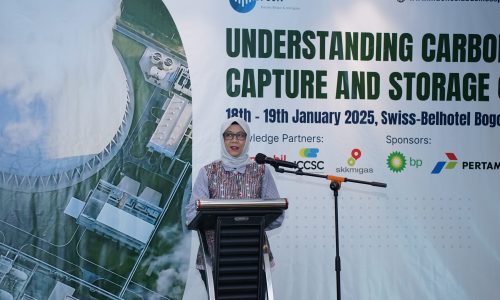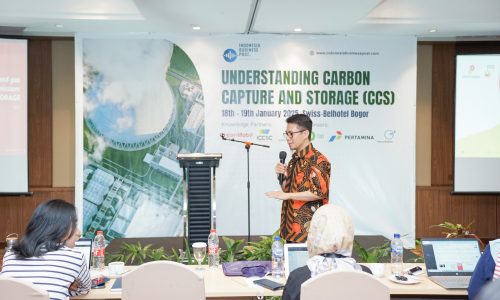President of the Confederation of Indonesian Trade Unions (KSPI) Said Iqbal has requested the government to increase the provincial minimum wage and the district/city minimum wage by 15 percent in 2024.
Said Iqbal stated that the proposed figure was derived from the result of survey on Basic Living Needs (KHL) and macroeconomic indicators, such as inflation and economic growth.
“KSPI, together with the Labor Party, requests the central government, represented by the Ministry of Manpower, as well as all governors, regents, and mayors, to set the 2024 minimum wage increase at 15 percent, or at the very least, a minimum of 10 percent,” he said in a written statement on Saturday, July 22, 2023.
Reasons for increase
Iqbal explained that there are three reasons why workers are demanding a wage increase in the range of 10 to 15 percent.
First, the Basic Living Needs survey results in 25 industrial cities across Indonesia, such as Jabodetabek, Sidoarjo, Semarang, Makassar, Morowali, Batam, Mimika, and Ambon, show an increase in the cost of living ranging from 12 to 15 percent.
The highest items with increases were housing rent, particularly in mining areas with an average increase of 45 percent, transportation costs by 30 percent, and children’s education expenses.
“Second, it is based on macroeconomic factors, where the minimum wage increase is a combination of inflation and economic growth, despite certain indices mentioned in the omnibus law,” Said continued.
The third reason is Indonesia’s status as an upper middle-income country, as declared by the World Bank in June 2023.
Countries with this category have a Gross National Income (GNI) per capita of US$4,466. Indonesia recorded a GNI per capita of US$4,580 in 2022.
KSPI stated that workers plan to hold a large-scale demonstration to convey these proposals on Wednesday, July 26, 2023.
Employers claims 15% unrealistic
In relation to the laborers’ demand on wage increase, the Chairwoman of the Indonesian Employers’ Association (Apindo) Shinta W. Kamdani, stated that there must be an appropriate calculation to determine the 2024 minimum wage. She asserted that the workers’ demand is unrealistic given the current economic conditions.
“Generally, the demand for such a wage increase is unrealistic given the current economic conditions. At this stage, Apindo cannot simply state whether it can afford it or not, as there must be calculations based on the regulations for determining the minimum wage,” Shinta told detikcom on Saturday, July 22, 2023.
Shinta mentioned that the revision of Government Regulation (PP) No. 36 of 2021 on Wages has not been issued in accordance with the Job Creation Law (UU) No. 6 of 2023. She requested that all parties wait for the issuance of those regulations.
According to Shinta, the wage increase in the Job Creation Law is calculated based on economic growth, inflation, and specific indices. Therefore, the minimum wage increase will vary in each province and possibly in various districts/cities.









